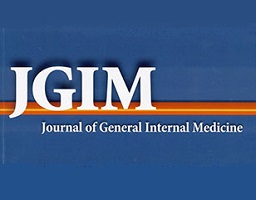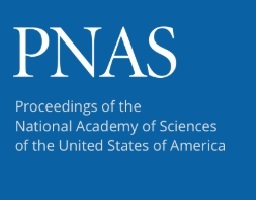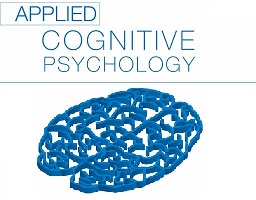Missing Product Information Doesn’t Bother Consumers as Much as It Should.
As consumers and citizens in the internet era, we have access to more information than ever when making purchases and other choices that affect our health, safety, and well-being. But sometimes what marketers don’t say is at least as important as what they do say. But how do consumers react when marketers withhold information that would be relevant to […]
Missing Product Information Doesn’t Bother Consumers as Much as It Should. Read More »







